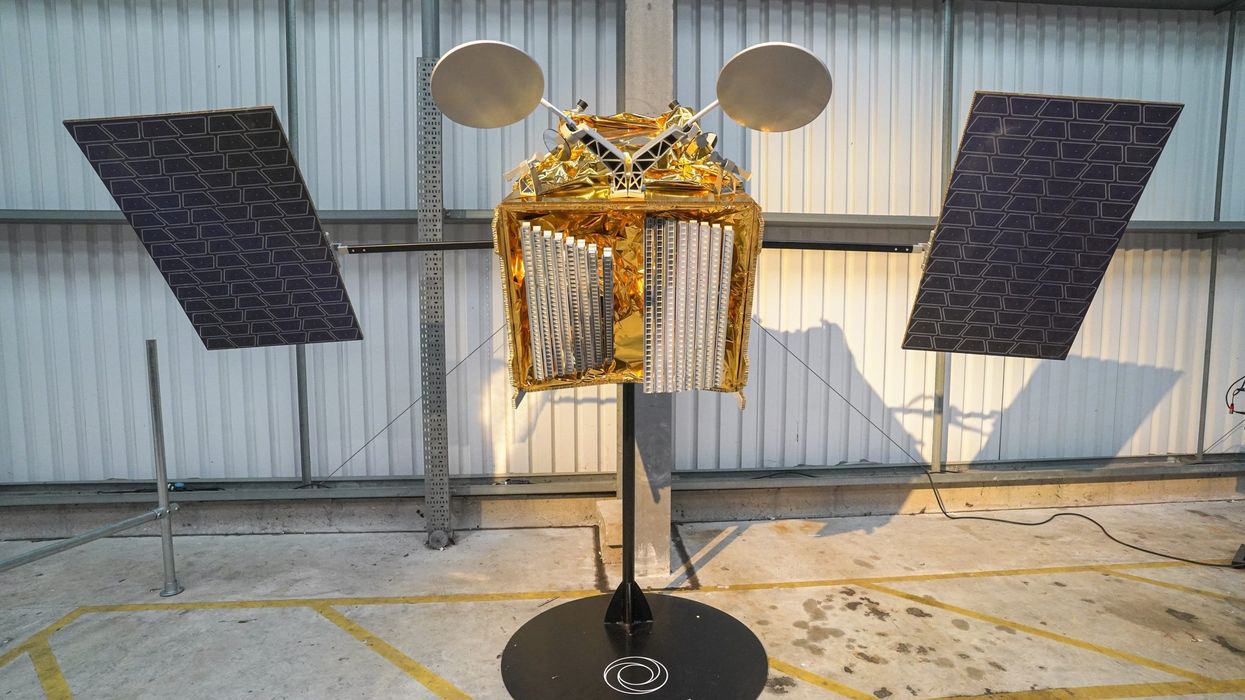Bharti Enterprise-backed OneWeb is one step away from completing its constellation of 600 low earth orbit satellites, paving the way for the provision of broadband internet services from space to every corner of the world, the company said.
OneWeb, in collaboration with the UK government, Bharti Enterprises, Eutelsat, SoftBank, Hughes Networks and Hanwha, launched ‘internet from space’ services in countries located above 50 degrees north latitude - Alaska, Canada, Greenland, the UK and others in northern Europe.
The Indian Space Research Organisation's (ISRO) Launch Vehicle Mark-3 (LVM3) is scheduled to launch 36 OneWeb satellites from the Satish Dhawan Space Centre at Sriharikota in south India on March 26.
If successful, the move will add to the UK-based company's existing constellation of 582 satellites.
“We are one launch away from achieving global coverage. This last launch with ISRO/NSIL will mark over 600 satellites in space, which is the number needed to go commercially live,” a OneWeb spokesperson said.
NewsSpace India Limited (NSIL) is ISRO's commercial arm, which is tasked with the delivery of space services via rockets and satellites.
Weather permitting, ISRO's LVM3 is set to place 36 OneWeb satellites into low earth orbit on March 26. This will be for the second time OneWeb is using ISRO's satellite launch services.
The first batch of 36 OneWeb satellites was launched from Sriharikota on October 23 last year.
“By the end of this year, we plan to initiate services across the globe," the spokesperson said.
OneWeb plans to launch services in India later this year, subject to regulatory approvals and has already acquired the GMPCS (global mobile personal communications by satellite services) permit from the Department of Telecommunications as well as the green light to set up an earth station.
“We are confident of the commencement of our services later this year for India and have announced distribution agreements with Hughes to provide services,” the OneWeb spokesperson said.
OneWeb uses a constellation of low earth orbit (LEO) satellites to provide broadband internet access instead of the traditional method of using satellites placed in geo-stationary orbits (GEO) 36,000 kms above the equator.
The company approached ISRO for the launch of 72 satellites after it had to scrap previous arrangements with Russia's Soyuz rockets following the Ukraine conflict.





